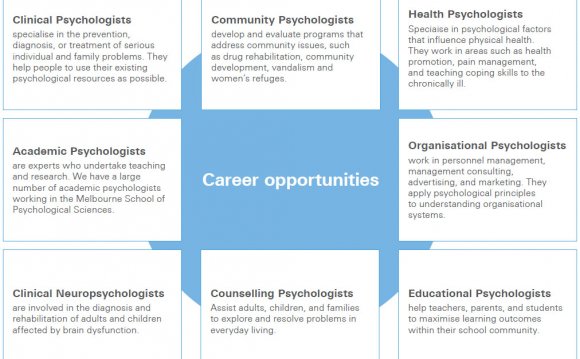
Question:What Degree Should I Earn If I Want to Work in Research?
Question: I love psychology, which is why I'm currently working on my bachelor's degree in psychology. I don't want to work in mental health, so my ultimate plan is to become a researcher. While I know that this means I will probably need to go to graduate school, I'm not quite sure exactly where to begin. What type of psychology degree do I need if I want to work in research?
Answer:
As a psychology student, you've probably already gotten a taste for just how diverse the field can be. This can be a great thing because it allows for so many different career paths and options, but it can also be confusing for students as they struggle to select an educational path.
Just like many other areas of psychology, becoming a research psychologist isn't a "one size fits all" career. There are actually many different degrees that you could potentially pursue. However, it is important to start by taking into account what type of research you want to perform and what specific topics interest you the most.
What Do Research Psychologists Do?
First, let's start by looking at what research psychologists do. Also known as experimental psychologists, research psychologists study a wide range of human and animal behavior. They design and conduct experiments exploring how people act, think, behave, interact, learn, feel, and perform under different conditions. This can encompass an enormous range of topics including memory, attention, cognition, decision-making, perception, and just about any psychological topic you can think of.
What Degree Do You Need?
Many students interested in becoming research psychologists begin with a bachelor's in psychology. However, some come from a background in a related area such as social work or even from an entirely unrelated degree area altogether. Remember, it is possible to switch to psychology for graduate school, even if your undergraduate degree is in an unrelated subject.
In some cases, students might then choose to pursue a master's degree in experimental psychology. However, it is important to note that job opportunities are generally more limited with a master's degree, which is why many opt to instead go on to earn a Ph.D. in psychology.
While you might think you are limited to earning a Ph.D. in experimental psychology, there are actually many different options that you might opt to pursue. For example, if you are interested in studying the human brain, then you might opt to earn a degree focused on neuropsychology. Have a strong interest in social behavior? Then you might want to consider a doctorate degree in social psychology.
Share this Post
INTERESTING PSYCHOLOGY VIDEO













